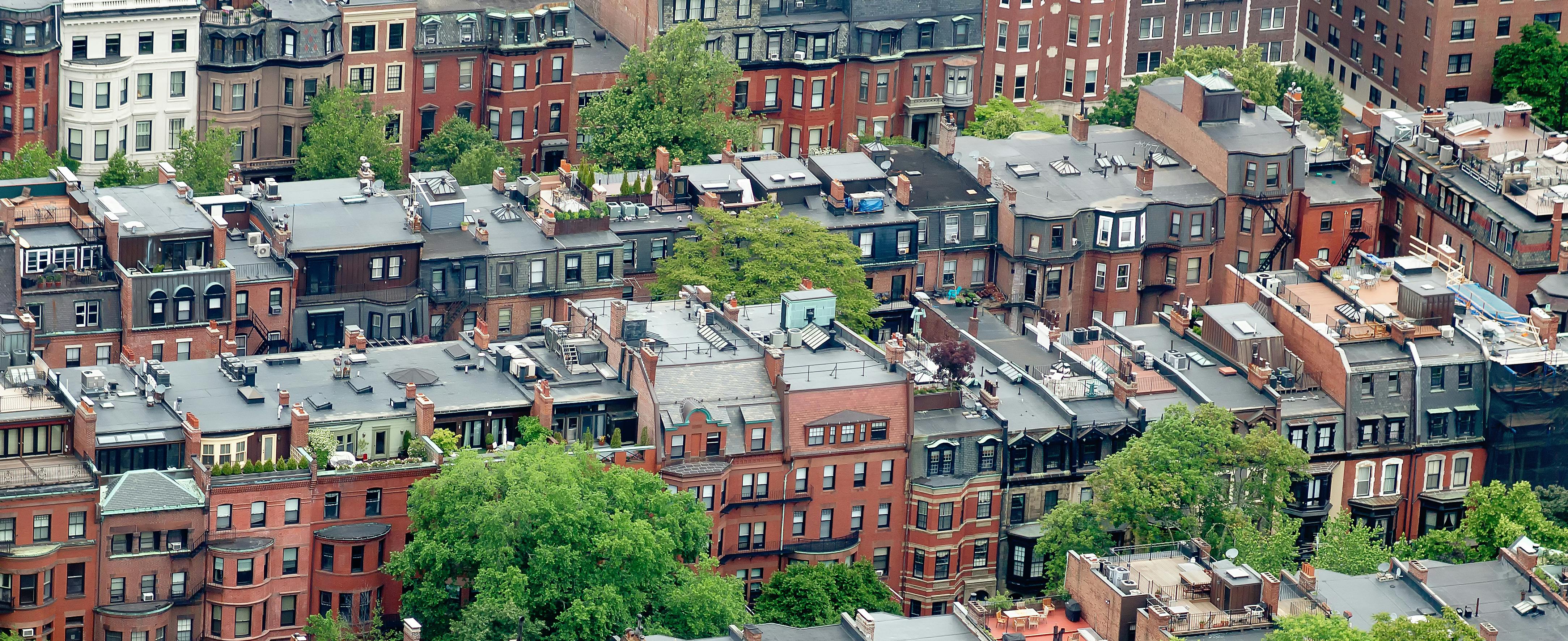
With the real estate market constantly evolving, the impacts of the Great Recession waning, potential political policy changes, and new growth forecasts, understand how this year's real estate trends will impact you.
Millennials & Gen X Renters Looking to Buy
Too many Generation X Americans had their credit scores ravaged by the Great Recession, forcing them to walk away from their dreams of owning a home. It's been nearly nine years since the beginning of the recession, however. Bad credit events stay on your FICO score for seven years, and bankruptcies are visible for ten years. This means that those whose credit was damaged by job losses and foreclosures in 2008-2010 are beginning to emerge from Credit Hell. As these events scroll off of their credit histories, many Gen Xers will become eligible for mortgages and will be looking to escape the rental cycle.
According to the Mortgage Bankers Association (MBA), it's easier to qualify for a mortgage than it has been since the recession. The Mortgage Credit Availability Index, a metric developed by the MBA to measure how easy it is for applicants to qualify for mortgages, has been rising steadily since the beginning of 2013. Furthermore, the MBA is projecting that mortgage rates will stay below five percent this year, continuing a long streak of historically low mortgage rates. This means that landlords in the rental market won't just be in competition with nearby rental properties—your competition will increasingly include your neighborhood mortgage brokers and real estate agents.
Meanwhile, Millennials are finally moving out of their parents' basements. While millions were handicapped by student loans and a weak job market after graduation, Millennials will make up as many as 1 in 3 homebuyers this year.
The combination of Millennials entering the market in a big way with the recovery of Gen X renters means that the rental market is likely to become much more competitive for landlords. Start upgrading your properties now, improving your rentals' curb appeal and "wow factor," because it's possible that not every property will find a renter in the coming years.
One potential source of new tenants will be Baby Boomers, as retirees and empty nesters look to downgrade homeownership responsibilities and costs. Some will buy smaller homes, especially to be close to family. However, creative landlords and property managers who figure out how to market to the senior demographic may get some traction in attracting renters.
Double Digit Rent Growth Ends in Major Markets
While individual markets vary widely between cities and neighborhoods, the nationwide outlook for rental price growth is fairly dim. The Zillow research team is projecting rent increases of just 1.7% over the next year. Zillow is forecasting that rents will rise in 34 of the 35 largest markets that they surveyed. However, growth will slow in 11 of them.
The West Coast dominates Zillow's list of the biggest projected rent price increases. Six of the 10 most promising markets are on the Pacific Coast. Cincinnati is the only city east of the Mississippi River to make the top 10.
Biggest Projected Gains:
- Seattle, WA: 7.2%
- Portland, OR: 6.0%
- Denver, CO: 5.9%
- Cincinnati, OH: 5.2%
- San Francisco, CA: 4.9%*
- Los Angeles, CA: 4.8%
- Sacramento, CA: 4.7%
- San Diego, CA: 4.7%
- Phoenix, AZ: 4.6%
- San Jose, CA: 4.5%
*Note that data from real estate site Zumper.com indicates that median 1-bedroom rental prices in San Francisco have fallen by 4.9% over the last year.
Median rent growth is projected to trend negative in St. Louis, MO (-1.6%), and will stagnate in Indianapolis, IN (0.7%); Detroit, MI (0.8%), and Chicago, IL (0.9%).
Don't Wait to Renovate
If you're planning any major repairs or renovations, you might want to get cracking on them now. As the new administration clamps down on immigration policies, we may see a tightening of the labor market, particularly in the construction industry. This could result in rising wages, but also increase construction and renovation costs—bad for landlords who wait too long to get their projects done.
It's already starting: Construction managers at all levels are beginning to have trouble finding qualified construction workers, and skilled workers are charging more. So if you're planning on a major project that'll require a lot of labor, think about pulling the trigger sooner rather than later.
Rental Real Estate Remains a Smart Investment
While the decline in rent price growth is a natural part of a cyclical economy, there are some structural trends at play that will tend to support rental prices in the long term. According to a recent report from PwC, the emerging sharing economy should deemphasize property ownership, supporting the demand for rental units. Homeownership is set to decline, reaching a national rate of 60.8% by 2025—the lowest level we've seen since Ike was in the White House.
Furthermore, according to PwC's analysts, there will be some 12.5 million net new households created over the next decade, and more than half of them will be renting. They also project that increasing competition for workers will help to buoy income levels among renters, and landlords will benefit alongside them.
